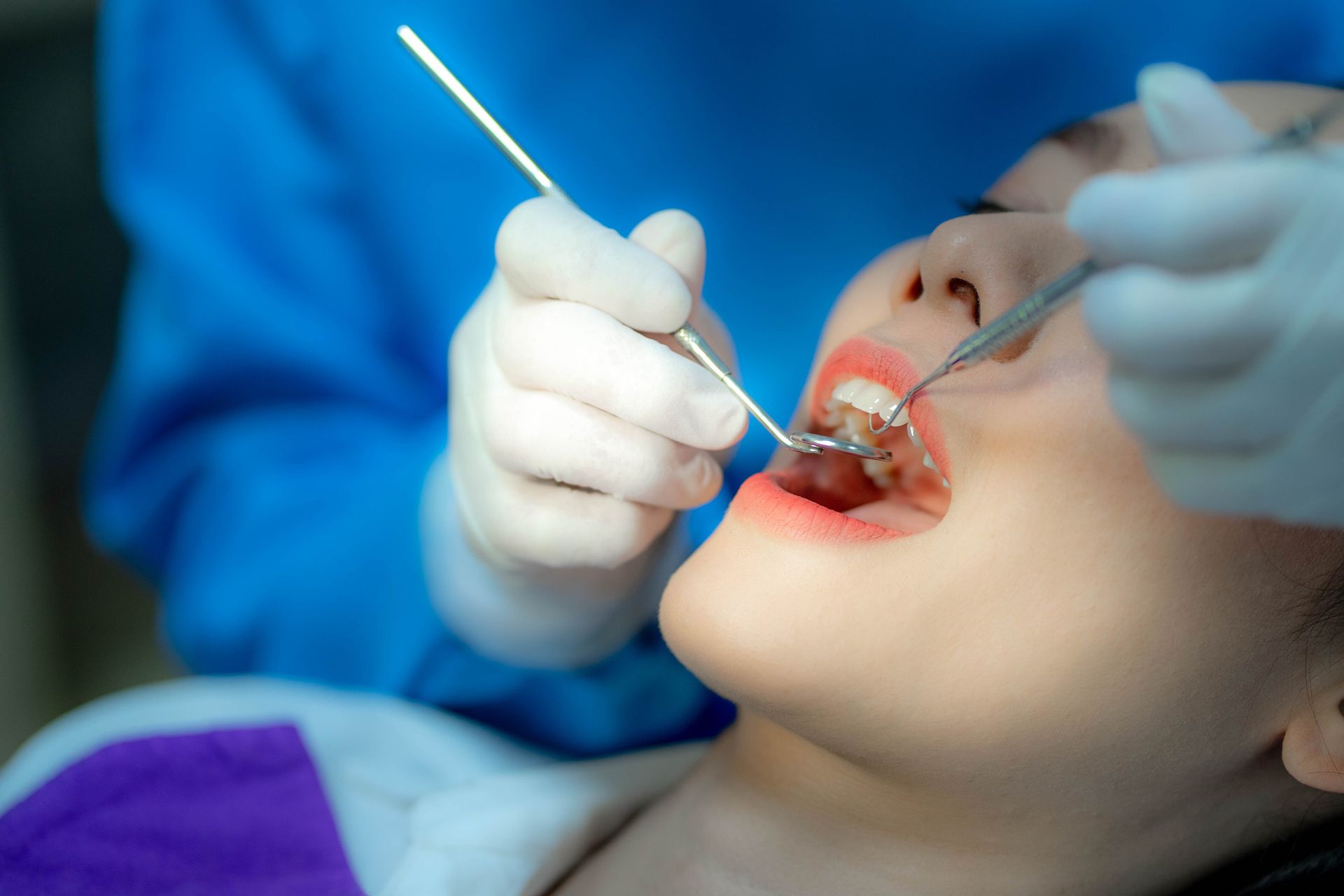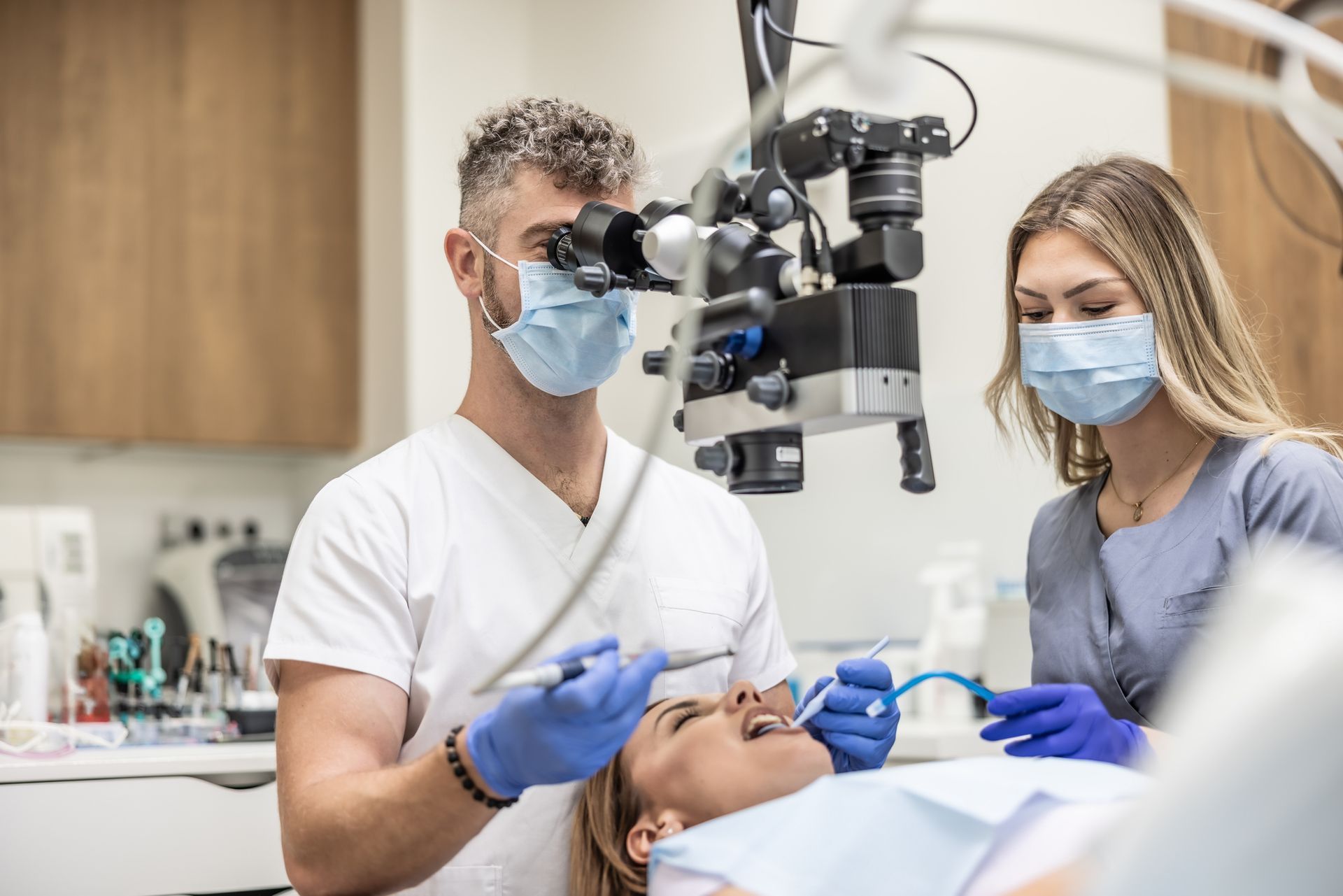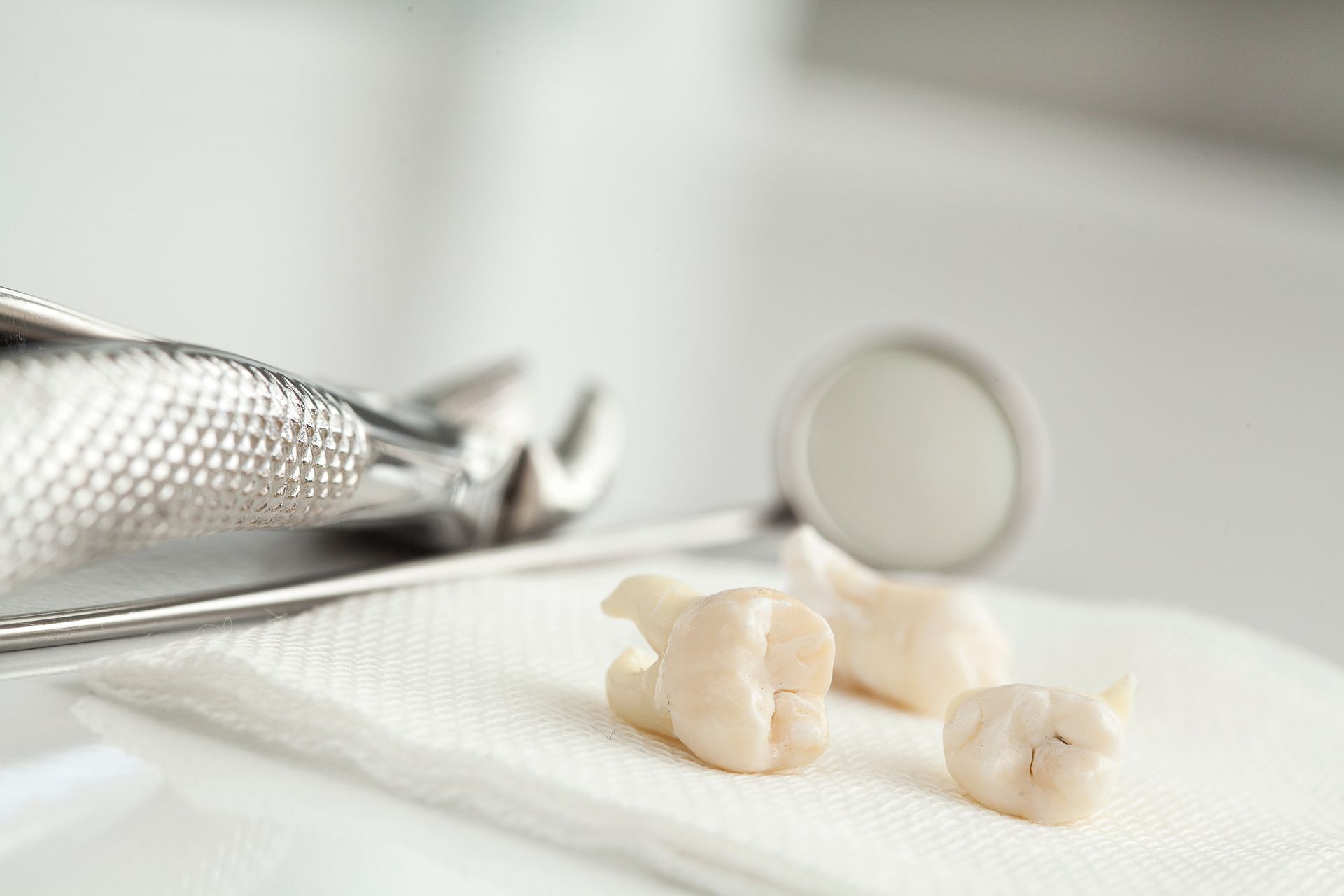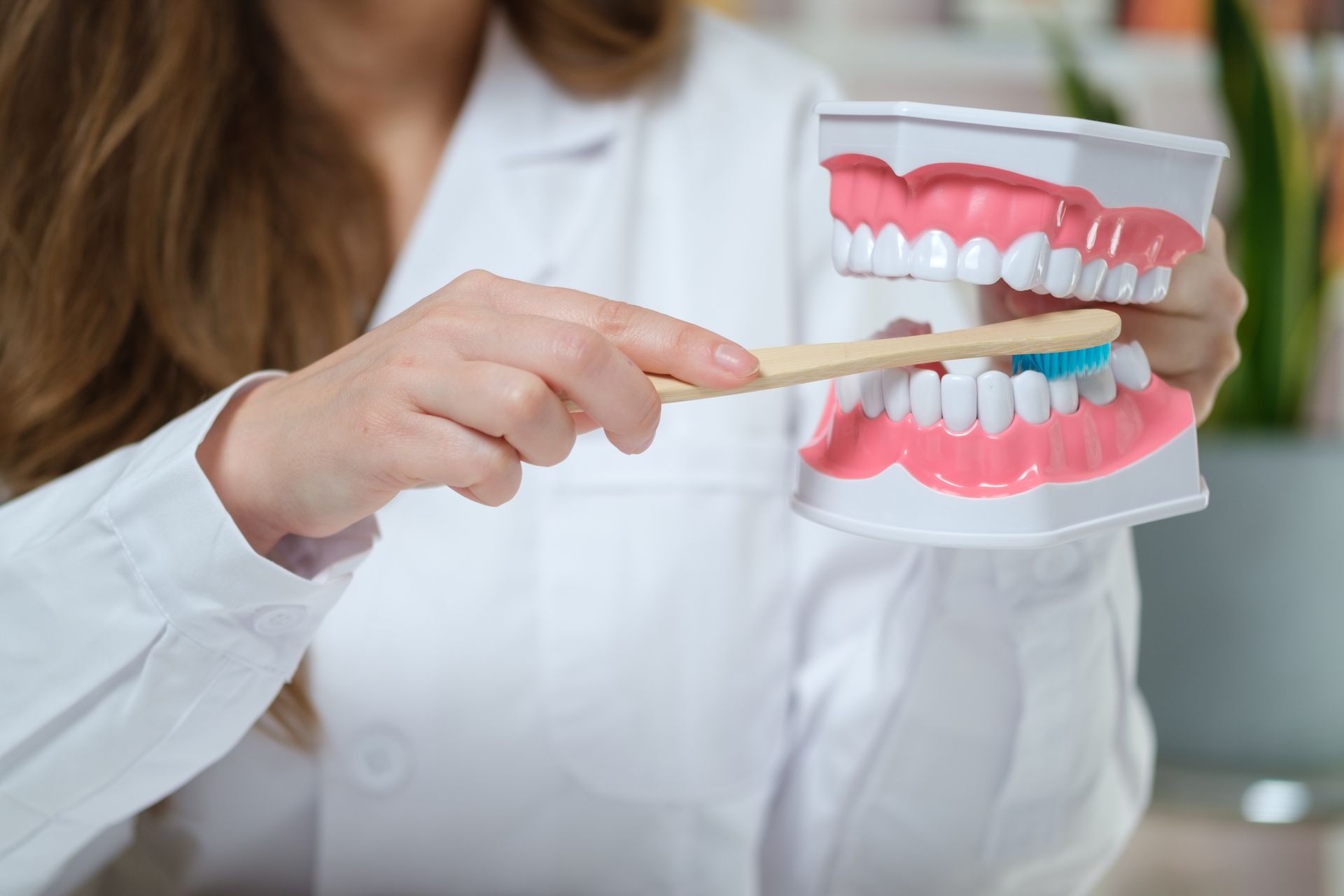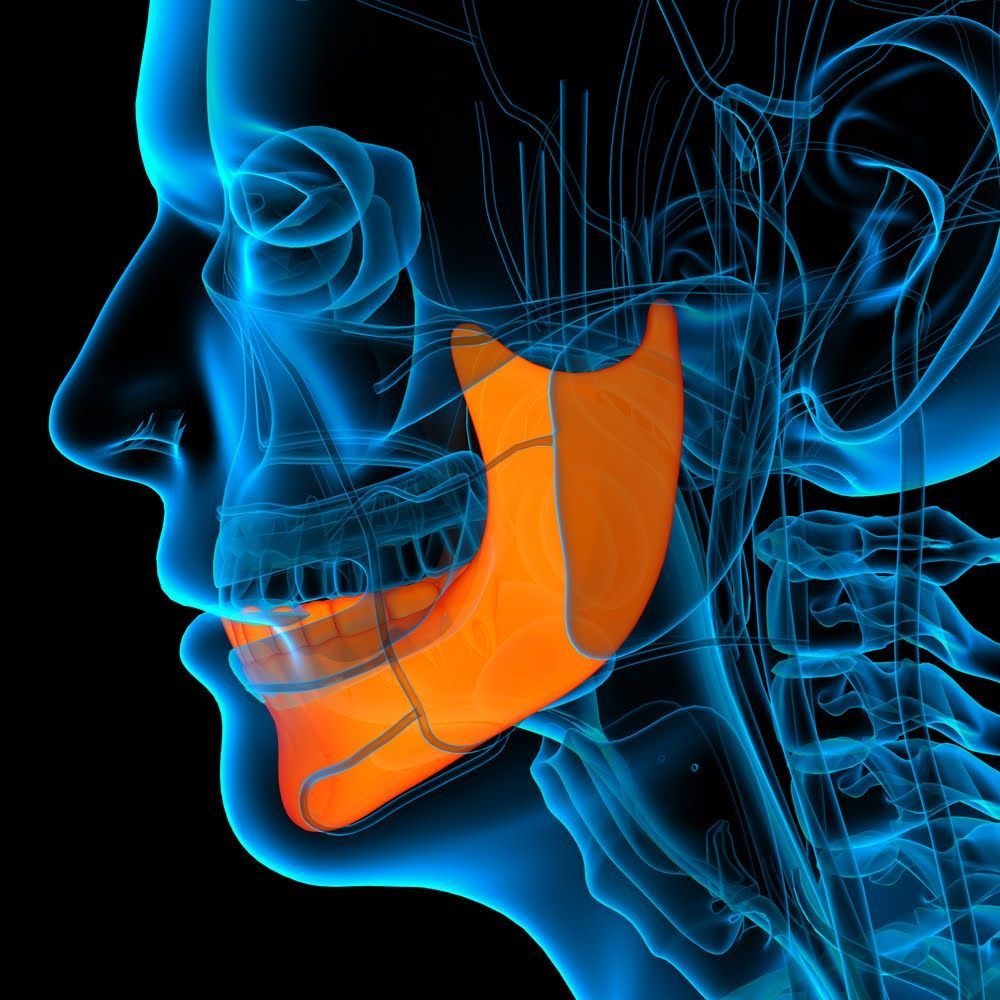How Wisdom Teeth Removal Benefits Your Oral Health
admin • December 16, 2020
How Wisdom Teeth Removal Benefits Your Oral Health

Some people are fortunate because their wisdom teeth never create any oral issues. Unfortunately, the same isn't true for most people. The main issue with wisdom teeth is the lack of space in the jawbone. By the time wisdom teeth erupt somewhere between the late teens and early twenties, most mouths already have 28 teeth. This can lead to a whole host of oral problems.
Around five million Americans have at least one wisdom tooth extracted every year due to the oral issues they cause. If you have begun to experience issues with your wisdom teeth, consider removing them.
Removing your wisdom teeth early, rather than waiting, ensures that you gain the following benefits to your oral health.
Prevents Spacing Issues in Your Mouth
If you are experiencing discomfort as your wisdom teeth erupt, your jawbone is probably too small to accommodate them. Because there isn't enough room for the wisdom teeth, they can push against your second molars. When this happens, you may experience considerable pain. But this also creates a spacing issue because your wisdom tooth is pushing into the space of the second molar.
Protects Your Other Teeth From Damage
When enough room isn't available in the jawbone for an erupting wisdom tooth, that tooth might then begin to grow at an angle. Sometimes, wisdom teeth grow sideways toward the tongue or the cheek, and other times, they grow toward the adjacent second molar. When this happens, the pressure they then begin to exert on the second molar can do some damage.
Wisdom teeth can damage the root of a second molar and even loosen it. The pressure from a wisdom tooth can also wear away the enamel of the adjacent tooth, increasing the risk of tooth decay.
Lowers Your Risk of Tooth Decay Around Your Back Teeth
If a wisdom tooth doesn't have enough room to erupt alongside your other teeth, your chance of suffering tooth decay increases. This happens for two main reasons. First, wisdom teeth can become stuck in the jawbone, gum tissue, or both when there is insufficient room. Dentists refer to this as an impacted wisdom tooth.
Impacted wisdom teeth are more difficult to clean than ordinary teeth because the surrounding gum tissue covers them at least partially. This creates an ideal environment for oral bacteria to thrive. The longer this situation remains, the higher the chance of tooth decay occurring in that area.
Second, if a wisdom tooth presses up against its neighboring second molar, you won't be able to reach the space between them when you clean your teeth. As a result, tooth decay could soon begin to affect both teeth.
Stops the Occurrence of Gum Disease Around Your Wisdom Teeth
Another problem that arises from impacted wisdom teeth is gum disease. Gum disease occurs when oral bacteria access the area underneath your gum tissue. Once inside, oral bacteria begin to damage your teeth, gum tissue, and the ligaments and bone holding those teeth in place.
If a wisdom tooth is trapped partially within gum tissue, that area may then become a magnet for food debris and oral bacteria. Unless you have the wisdom tooth removed then, you could begin to suffer gum disease around the third and second molars.
Stops Headaches Caused By Wisdom Teeth
Impacted wisdom teeth or third molars also cause headaches over time. This is because impacted wisdom teeth press against the other teeth, causing a constant pressure that may lead to headaches. Removing an impacted wisdom tooth could reduce or even stop headaches of this type altogether.
Are your wisdom teeth beginning to cause you pain or distress? Then you need the help of a skilled and experienced oral surgeon. Call the San Diego Center for Oral & Maxillofacial Surgery today to book your appointment. Our experienced oral surgeons know how to remove wisdom teeth gently, whilst minimizing the impact on the surrounding teeth and gums.

